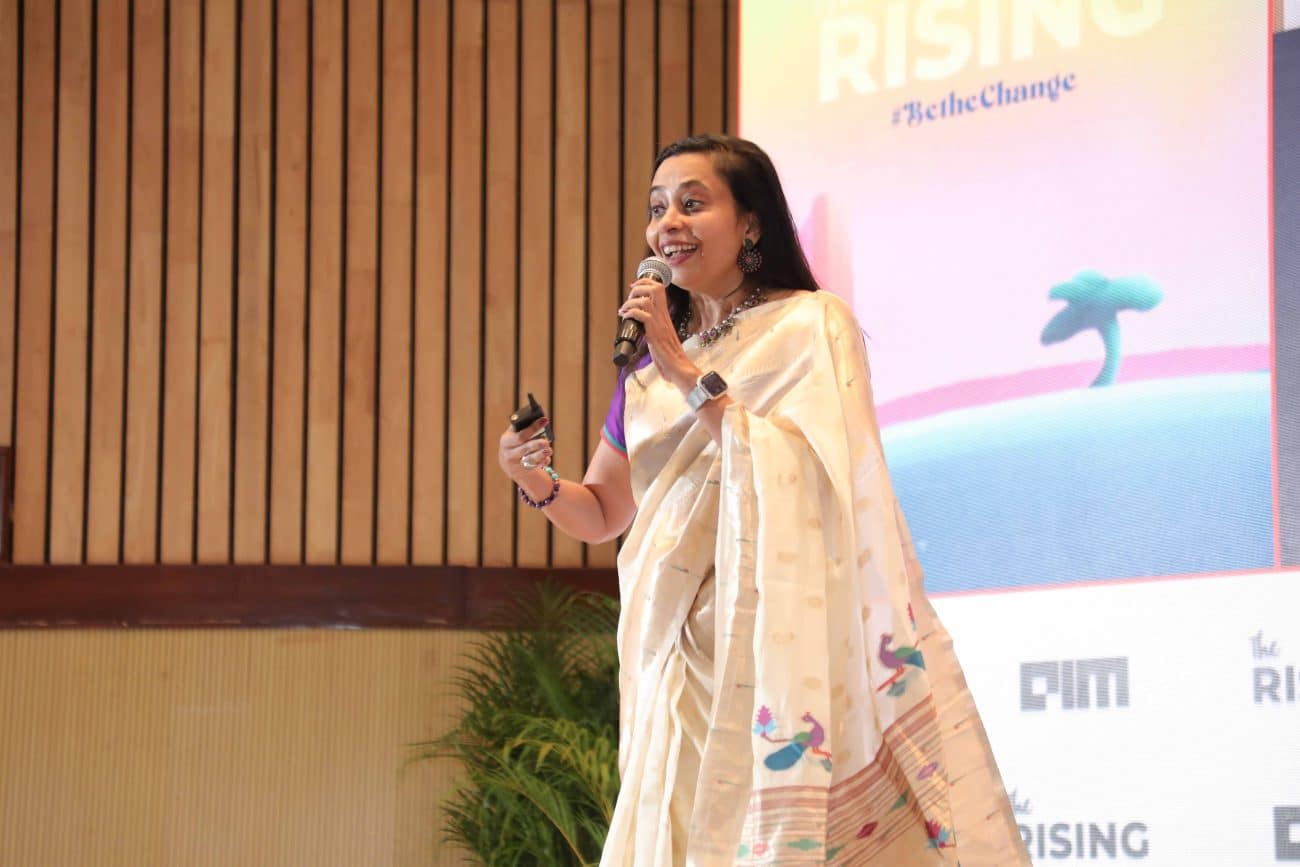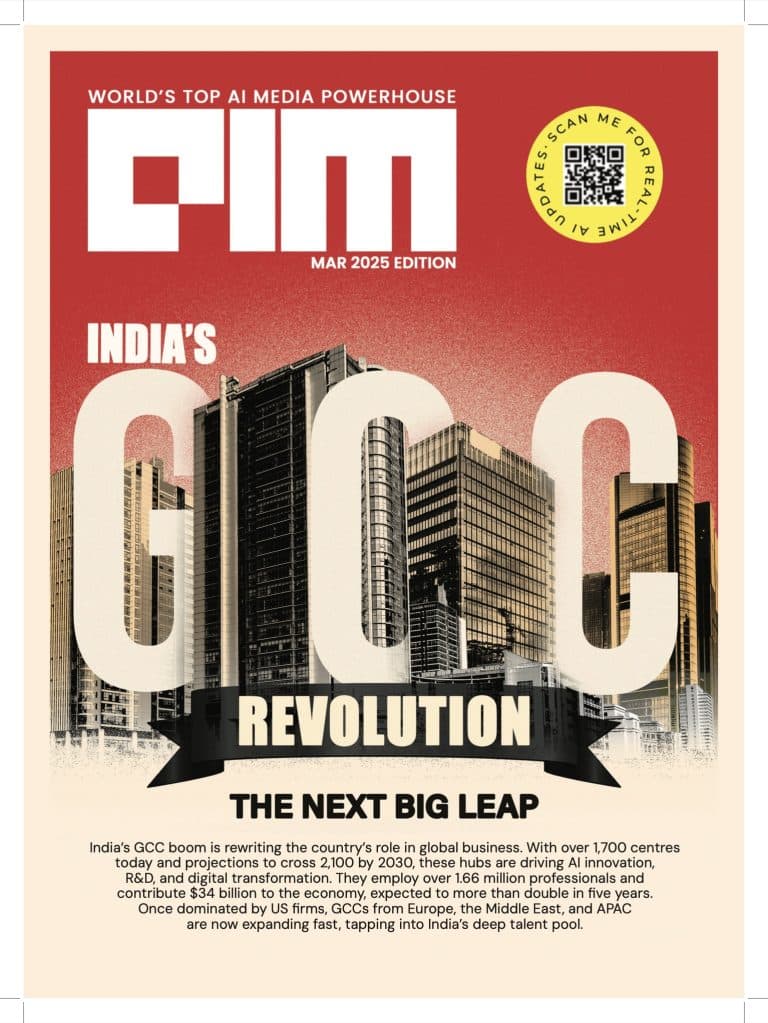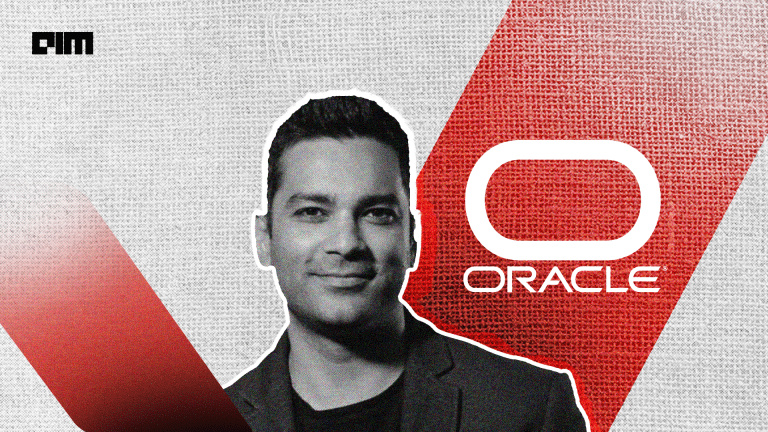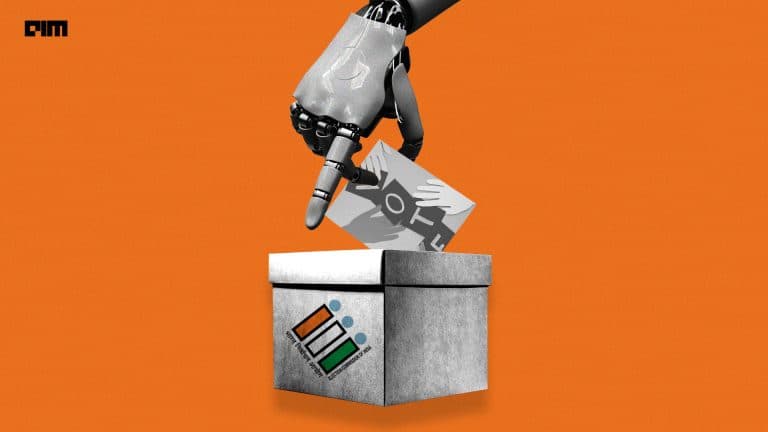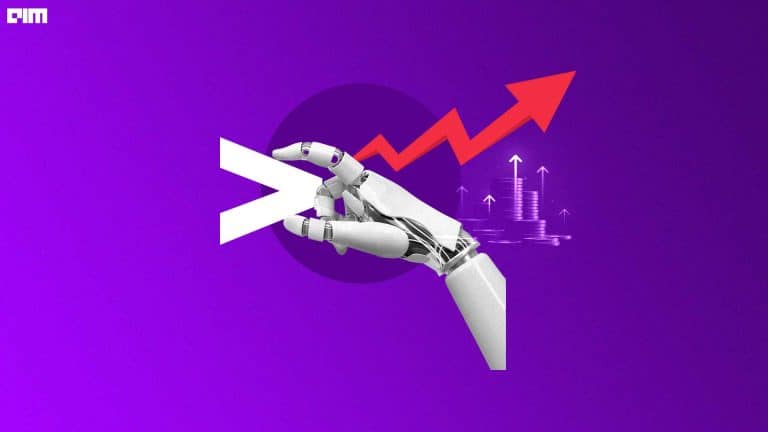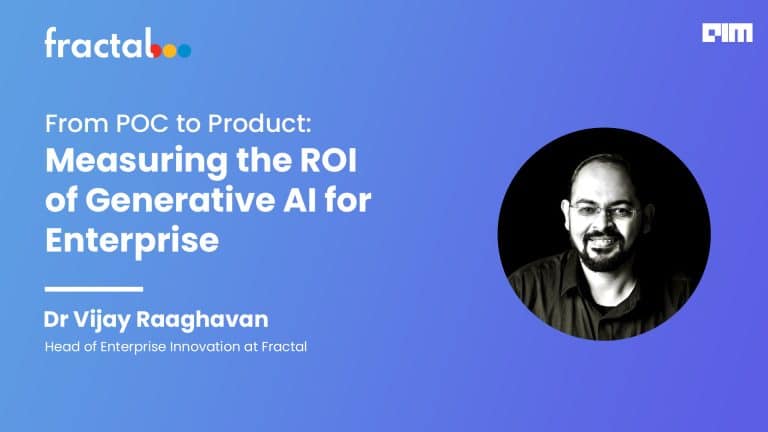When Sandhya Sriram took over as the group chief financial officer at Narayana Health, she expected to rely on the same Excel sheets that had been her lifeline throughout her career in finance. However, there were none. Instead, everything was integrated into a data tool called Medha.
“After 20 years of my career, I’m taking over as CFO of a listed company with no Excel sheets. I thought they were setting me up to fail,” Sriram explained while talking about the data-led strategy at Narayana Health at The Rising 2025.
She revealed what she didn’t realise at the time was that Narayana Health was already ahead of its time—operating in a future where data-driven decisions had replaced the tedious manual processes of the past.
Letting Go of the Old Ways
For finance professionals, control often comes from managing numbers in Excel and PowerPoint. At Narayana Health, however, financial reviews weren’t prepared over weeks of back-and-forth data collection. Instead, everything was dynamically available on Medha. “No PPTs, no firefighting, just clean data in real-time,” Sriram said.
This transformation wasn’t just about convenience—it was about precision. The platform enabled real-time tracking of revenue, cost efficiencies, and operational bottlenecks. “Healthcare revenue isn’t something you can manipulate—it depends on patient inflow. But costs and quality? Those we can control,” she explained.
Narayana Health was founded by Dr Devi Shetty with a mission to make healthcare more affordable. One of the most impressive ways they’ve achieved this is by using AI and predictive analytics to manage inventory.
“In FMCG, inventory write-offs are common. But when I joined Narayana, I found that we hadn’t taken a single inventory write-off for three years,” she said. This was because Medha could predict which pharma inventory was about to expire and ensure it was used in time.
Predictive AI also played a crucial role in operational efficiency. For example, Medha optimised the use of operating rooms by analysing patterns and suggesting scheduling improvements. “Every digital intervention has a cost—not just in money, but also in change management. People resist new systems, so we had to ensure that every investment in tech delivered real returns.”
Medha Does it All
Beyond operations, Medha has transformed Narayana Health’s marketing efforts. “Marketing used to be a black box—you spent money and hoped for the best. Today, digital tools allow us to track ROI for every rupee spent,” Sriram explained. Finance teams that once struggled to quantify the impact of marketing spend can now measure it with data-backed key performance indicators (KPIs).
Moreover, budgeting has also evolved. Instead of pulling data from different sources manually, Medha runs detailed financial scenarios at every level. “As a CFO, I want to know: what if revenue dips by 5%? What if a cost centre overruns? Medha lets me test these scenarios instantly,” Sriram explained.
The ability to simulate financial outcomes in real time gives leadership a significant advantage in planning and risk management.
Building a Data-Centric Culture
For any data initiative to succeed, leadership buy-in is crucial. Narayana Health ensured that business leaders—not just the tech team—owned the digital transformation. “Every rupee invested in data analytics had to deliver a tangible impact, whether in cost reduction, revenue growth, or operational efficiency,” she emphasised.
However, some challenges remained. “Initially, every operational committee review had someone questioning data accuracy. But we made a rule—no external data sources would be entertained. The numbers had to come from Medha, even if there were issues. We had to trust the system for it to work,” she said.
Narayana Health operates with a revenue per patient significantly lower than competitors, yet its profitability remains strong. “We don’t focus on extracting maximum revenue from patients. We focus on running an efficient operation. Data is our key enabler,” she said.
The approach has been recognised globally, including a Harvard Business School case study and a Netflix feature on Narayana Health’s model.
At the core of this transformation is Medha, Narayana Health’s in-house data team. “They aren’t just building dashboards; they’re driving impact. Every new dashboard must show measurable value, whether in cost savings, revenue improvements, or productivity gains,” Sriram concluded.
By eliminating reliance on Excel sheets, shifting financial decision-making to real-time analytics, and embedding a data-driven culture, Narayana Health has set a new standard for how businesses—especially in healthcare—can leverage technology to drive efficiency and affordability.
Moreover, for CFOs like Sriram, it’s proof that, sometimes, letting go of old ways is the only way forward.


